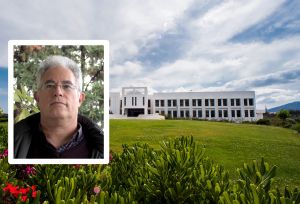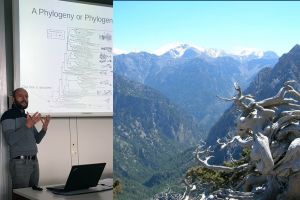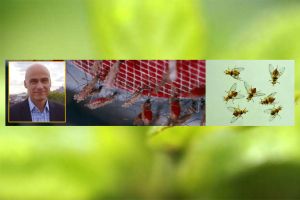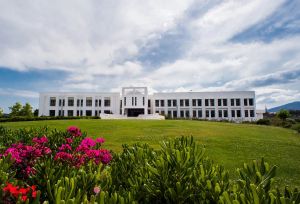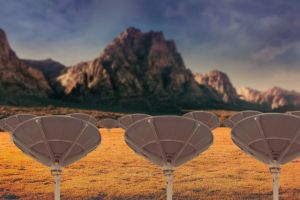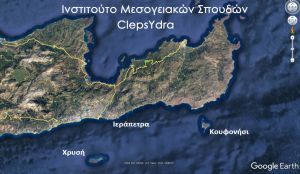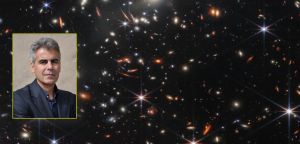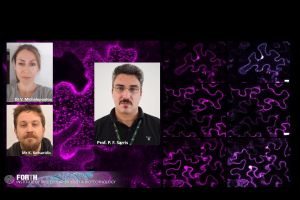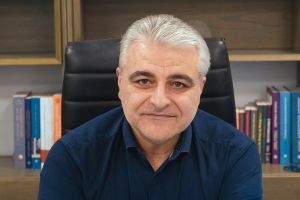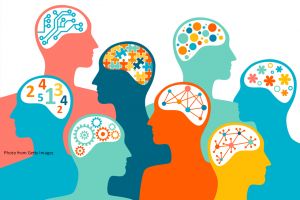All Science News
Prestigious ERC Starting Grant awarded to FORTH Researcher Dr. Anastasios (Tasos) Kostopoulos
The ERC Starting Grants are awarded to talented early-career scientists, who have already produced excellent work and show potential to be research leaders, to launch their own projects.
ERA Chair in Biodiversity Computing at ICS-FORTH
The new Biodiversity Computing Group (BCG), whose setup will commence in early 2023, will rely on the local expertise in high performance computing and population genetics methods development.
ERA Chair in Green Biotechnology - Microbial Biopesticides at IMBB-FORTH
The 5-year 2.5 million euros “MicroBioPest” program will implement multidisciplinary approaches to discover microbial and natural product-based biopesticides originating from highly variable Mediterranean microbial environments.
FORTH establishes the “Greek Institute of Human Genomics”
The GIHG was created by the vision of internationally recognized researchers and it aspires to enrich the scientific environment of Greece and to become a world leader in research on genetic diversity and its connection with various monogenic and multifactorial diseases.
Project ARGOS: FORTH opens a new window to the Universe
A European consortium of scientists, led by the FORTH Institute of Astrophysics, has succeeded in securing €3 million in European funding, to design a new state-of-the-art radio telescope and to develop cutting-edge technologies for the analysis of astronomical data.
Translating Submerged and Buried Cultural Heritage from Shallow Water to Digital environment with Geoinformatics -ClepsYdra
The new research program "ClepsYdra" will be coordinated by the Lab of Geophysical Satellite Remote Sensing and Archaeoenvironment of the Inst. for Mediterranean Studies. The core of the project lies on the establishment of new methods and protocols for the documentation and valorization of Cultural Heritage in shallow water contexts.
ERA Chair in Astro-Informatics at ICS-FORTH
The Institute of Computer Science is excited to announce that Dr. Jean-Luc Starck of CEA/Saclay, with a major financial support by the European Commission of an ERA Chair, will be leading the efforts on the establishment of a new science direction at FORTH in the emerging field of Astro-Informatics.
Pathogenic bacteria inhibit host cell secretion to manipulate host immunity
In nature, there is a constant evolutionary battle between microbes and their hosts, during which, many bacteria secrete specific proteins into the host’s cells, aiming to alter its physiology, while increasing pestiferous activity.
Professor Nektarios Tavernarakis elected Chair of the European Institute of Innovation & Technology
As announced today in Brussels, Nektarios Tavernarakis, Chairman of the Board of Directors at the Foundation for Research and Technology – Hellas (FORTH), and Professor at the Medical School of the University of Crete, was unanimously elected Chair of the European Institute of Innovation & Technology (EIT).
Clock gene mutation found to contribute to the development of autism
A team of scientists from the University of Minnesota Medical School, University of Texas Health San Antonio, and the Biomedical Research Institute of FORTH, found that the disruption of a circadian clock gene may be involved in the development of autism spectrum disorder.
Page:1 .... 123456789 | < Prev Next >

